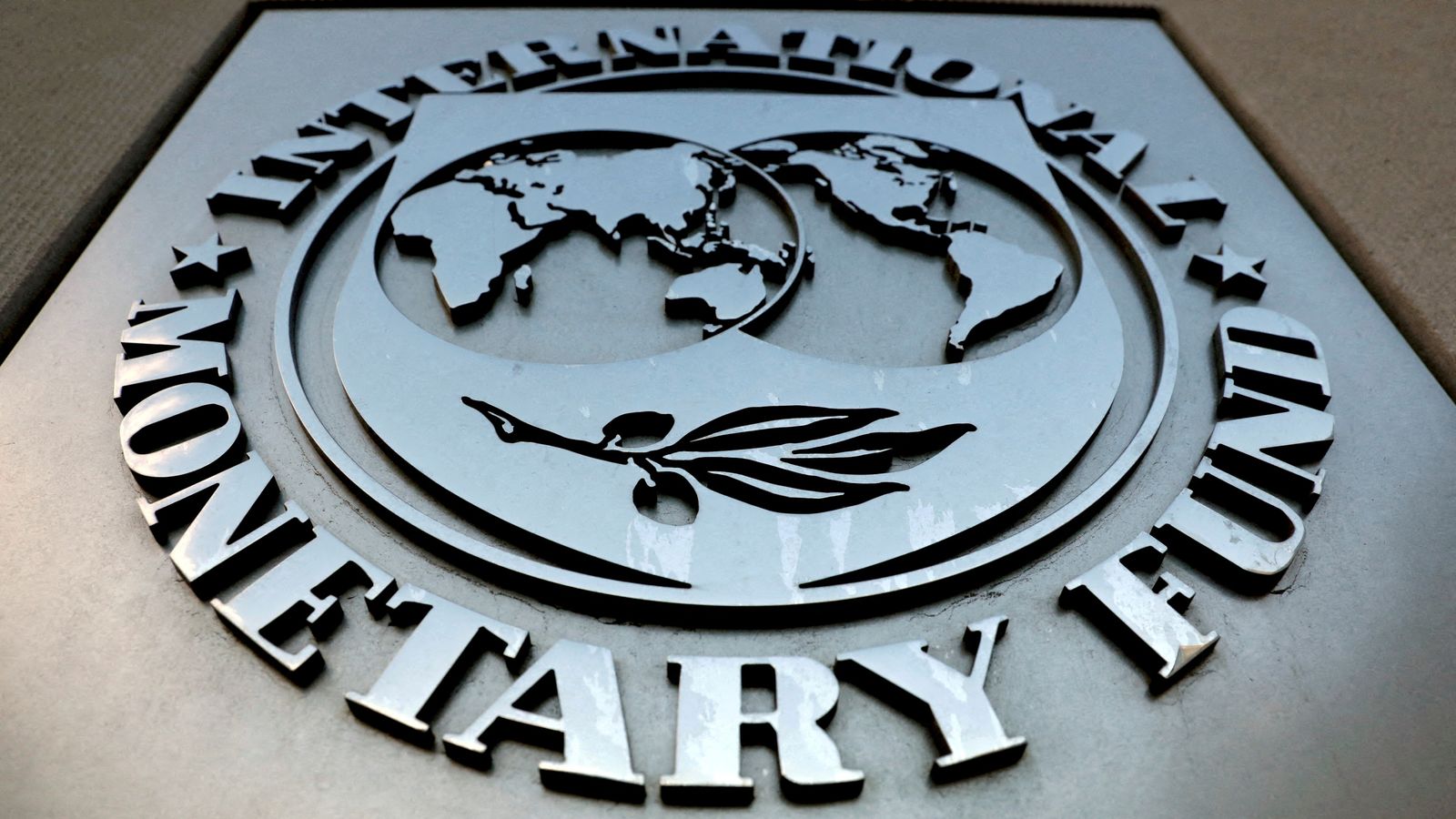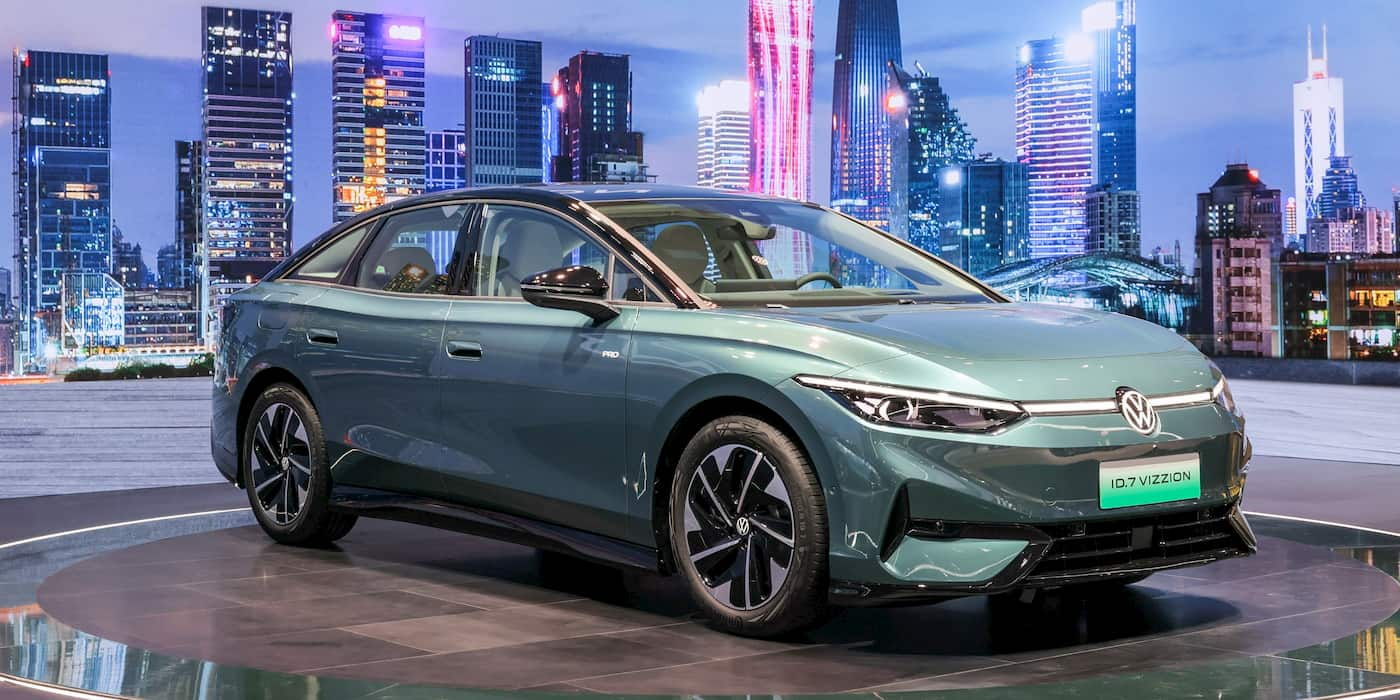
Volkswagen is facing another possible plant closure, this time in China, the company’s largest market. Although China is VW’s biggest market, domestic EV makers, like BYD, are squeezing out the competition.
Due to slowing demand, Volkswagen and its Chinese joint venture partner, SAIC Motor, plan to close a factory or slow production.
According to a new report from Bloomberg, SAIC Volkswagen is preparing to close a plant in Nanjing. Sources familiar with the matter said it could happen as early as next year.
The site makes VW Passat and Skoda vehicles with up to 360,000 annual production capacity. SAIC Volkswagen has already halted production at one plant, and a second is slowing production, with a possible closure in sight.
Last year, production across VW’s (39) plants in China was still a quarter below its peak before the pandemic.
As domestic automakers gain market share with low-cost EVs, gas-powered vehicles, especially from foreign brands, are quickly falling out of favor.
Volkswagen’s Skoda brand is among those whose sales are sinking in China. Sources said production at a plant in Ningbo that builds Skoda models has been halted for several months at a time and could also face closure.
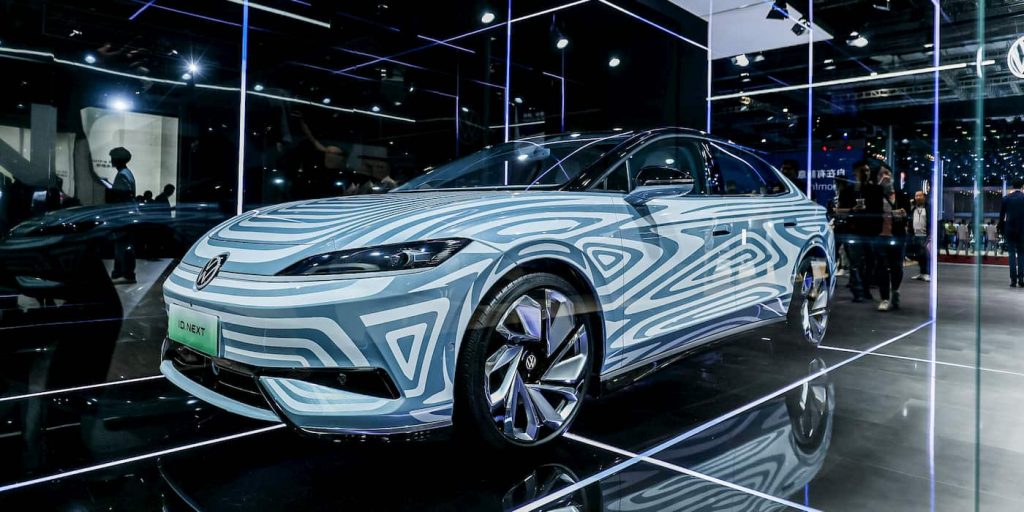
Another Volkswagen plant closure?
VW China responded to Bloomberg News, saying, “All SAIC Volkswagen factories are operating normally according to the market requirements and our forecast.”
The emailed statement added, “We are also transforming vehicle production and the components plants step by step” for smart electric vehicles.
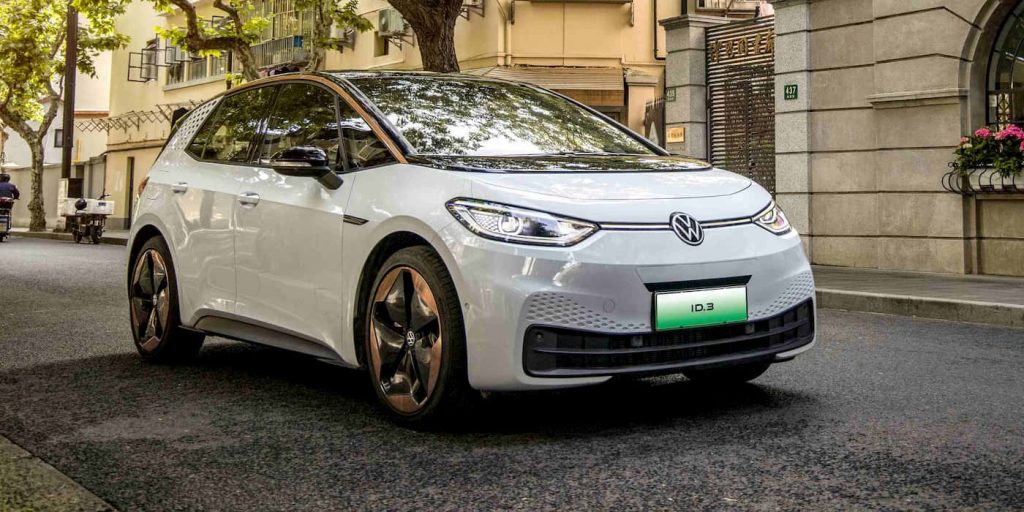
According to the sources, the plant could be due for an overhaul. Volkswagen hopes to reverse the sales slump by partnering with domestic automakers like XPeng and SAIC to launch more competitive models for Chinese buyers.
The news comes as domestic EV makers, including BYD, are taking control of the market with aggressive price cuts and new lower-priced models.
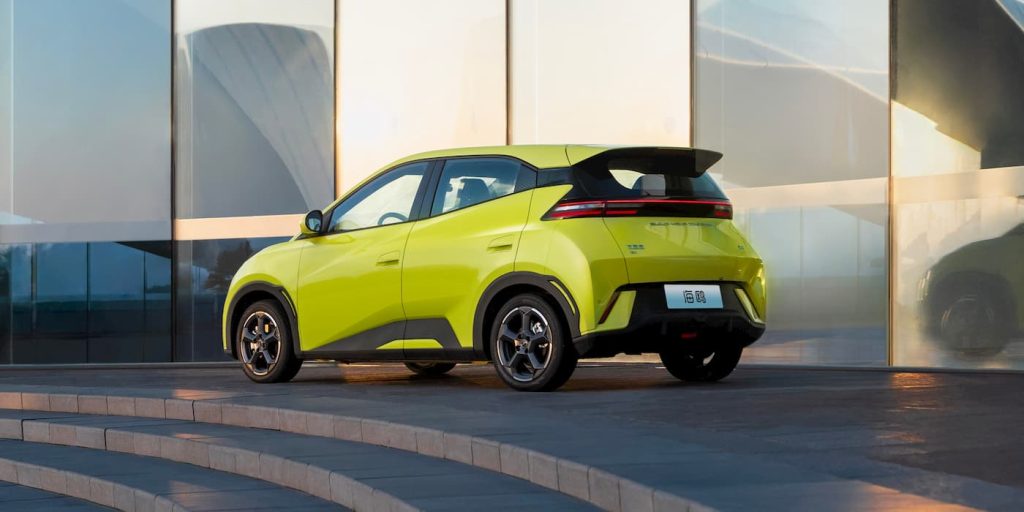
Sales of electric and hybrid models climbed 43% last month in China compared to August 2023, topping the 1 million mark (1.03 million).
The surge of lower-priced models is fueling China’s rapid shift to electric. For example, BYD’s cheapest electric car, the Seagull, starts at under $10,000 (69,800 yuan) in China.
Volkswagen’s struggles are not limited to China. The company is also struggling in its home market. For the first time in its 87-year history, VW is considering closing a plant in Germany. VW’s CFO, Arno Antilitz, said the problem was overcapacity as Europeans are buying fewer vehicles.
FTC: We use income earning auto affiliate links. More.






